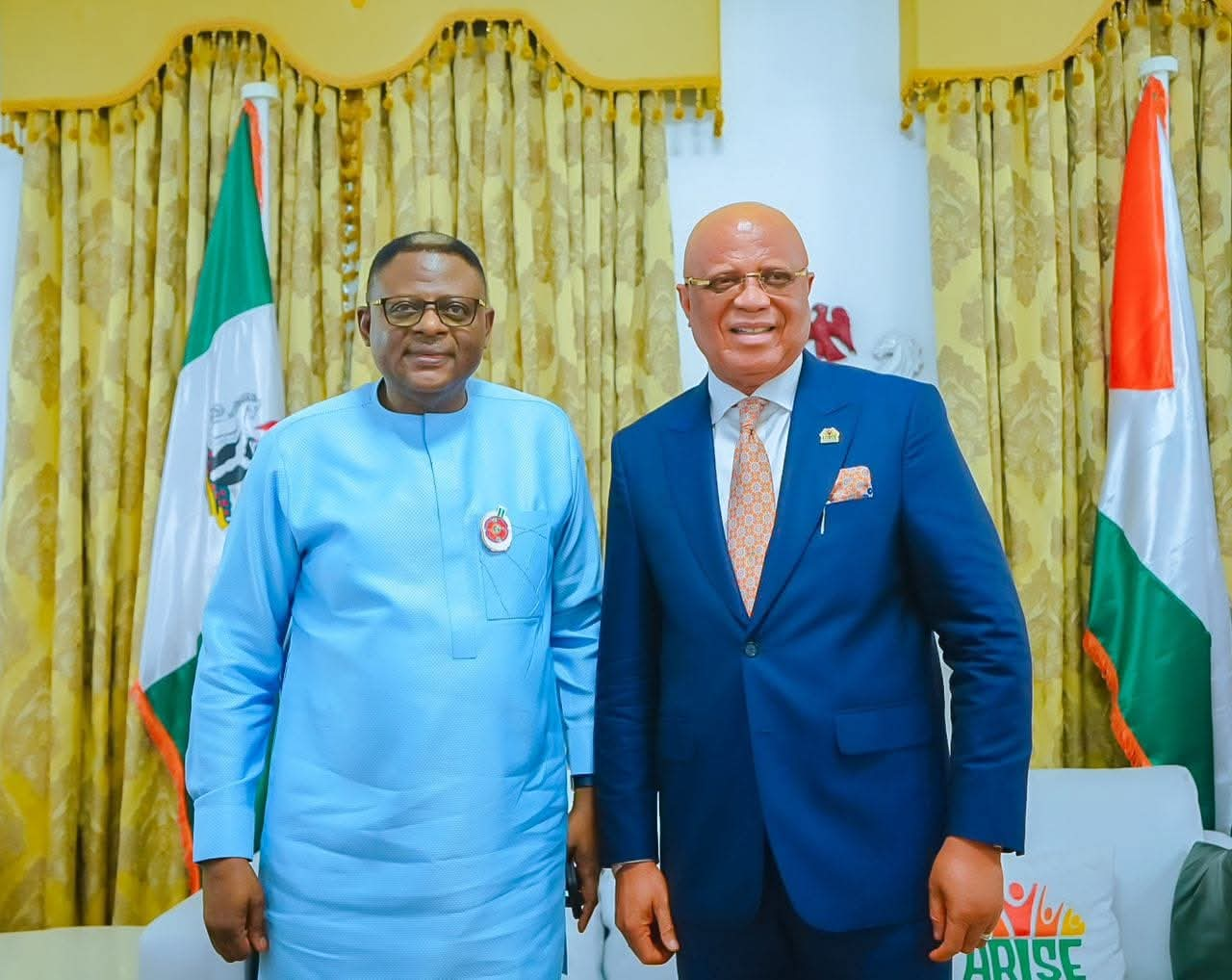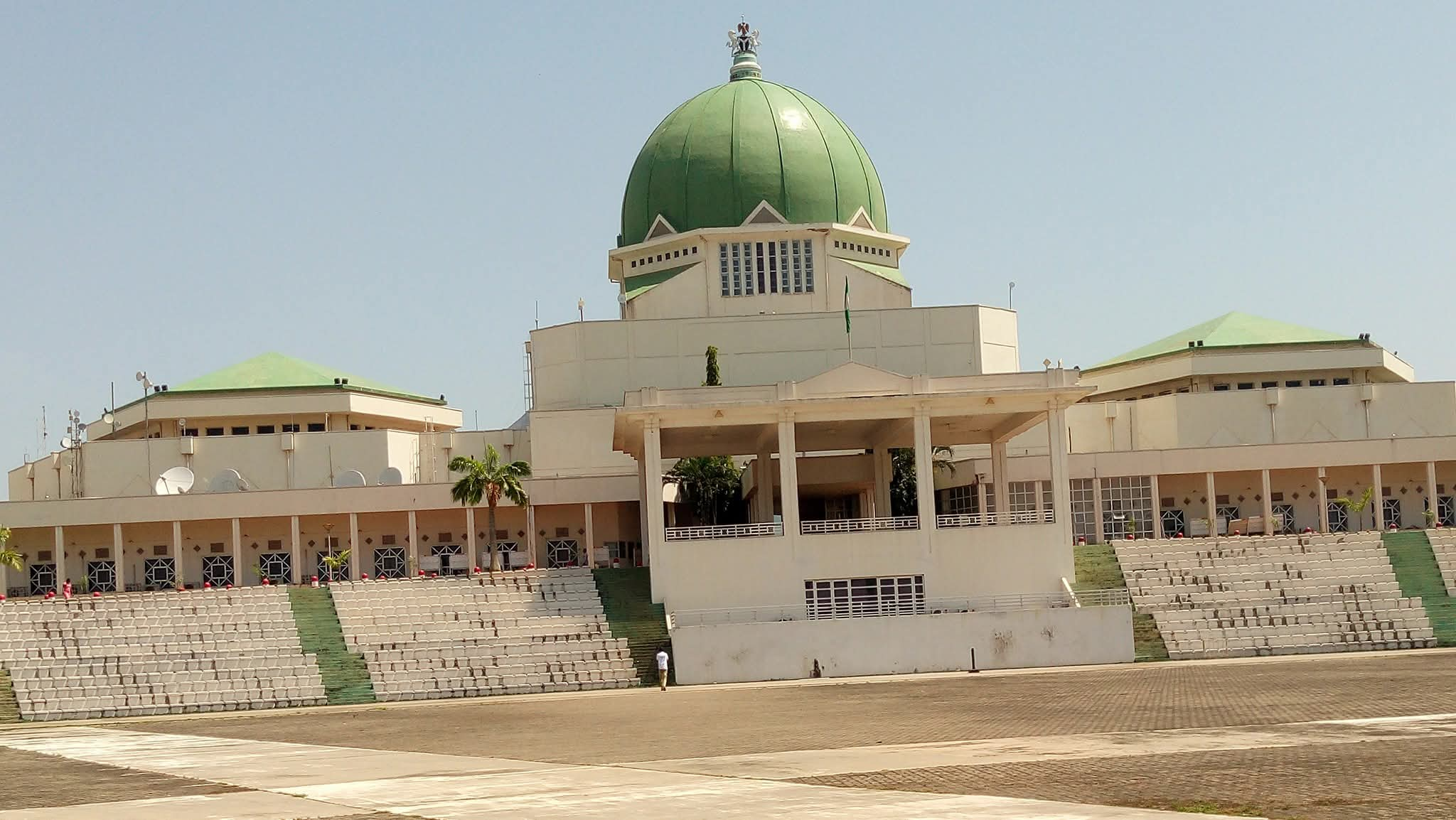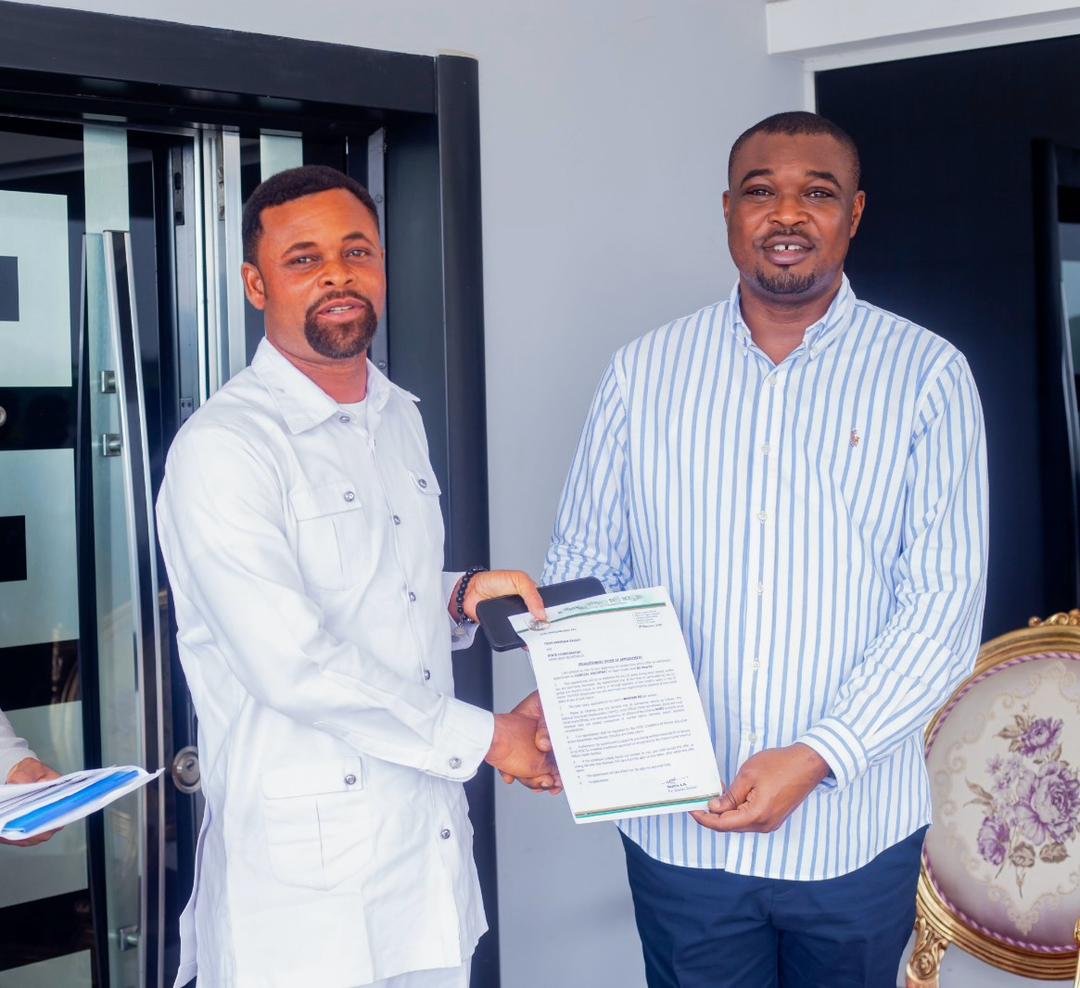There seems to be no end in sight to the 76 oil wells saga between the two sister states of Cross River and Akwa Ibom, as the former has insisted that the 67 of the 76 oil wells in question belong to her.
While Akwa Ibom relies on the 2012 Supreme Court judgment that handed her the oil wells, as her title deed, Cross River State has described this as misleading, historically inaccurate, and an attempt to suppress the truth.
In a statement by her Commissioner of Information, Dr Erasmus Ekpang, the Cross River State Government condemned the 24 July statement by the Attorney General and Commissioner of Justice of Akwa Ibom State, Mr Uko Udom, on the oil well dispute, remarking that it was riddled with misrepresentations and outright falsehoods.
Ekpang added, “Ordinarily, the Cross River State government would refrain from litigating such a sensitive matter in the court of public opinion.
“However, the scale of misinformation being pushed by Akwa Ibom necessitates a factual and dignified response”, The Guardian reports.
The Cross River Government said that the root of the dispute goes back to the 2002 International Court of Justice (ICJ) judgment, which ceded only the Southern portion of the Bakassi Peninsula to Cameroon.
Ekpang said that the Western part of Bakassi remained within Nigerian territory and as part and parcel of Cross River State.
The implementation of the ICJ judgment through the 2008 Green Tree Agreement and the establishment of the Cameroon-Nigeria Mixed Commission were meant to facilitate maritime boundary mapping, Ekpang argued.
However, he contended that before the mapping was concluded, the National Boundary Commission (NBC) and the Revenue Mobilisation Allocation and Fiscal Commission (RMAFC) held a retreat in Kano in August 2008, during which time they applied the technical option to reassign the 76 oil wells to Akwa Ibom State.
Cross River insists that it was excluded from the retreat, even though there existed no boundary dispute with Akwa Ibom before that date.
The statement accused Akwa Ibom that had previously advocated for historic title option in a similar boundary dispute with Rivers State, of not applying same in her case.
The matter, seen by Akwa Ibom as a settled one, came back to life in March 2024 when Governor Bassey Otu is said to have been briefed that several oil wells in OMLs 114 and 123 were located within Cross Rivers maritime boundaries, yet the state was getting no revenue from them.
The governor is said to have petitioned RMAFC, leading to the raising of an inter-agency committee comprising the Office of the Surveyor General of the Federation, the National Boundary Commission, and the Nigerian Upstream Petroleum Regulatory Commission.
Surveyors-General of Akwa Ibom, Cross River, Abia, Anambra, and other oil-producing states participated in the review as observers.
In May 2024, the committee conducted a technical assessment using Nigeria’s 11th Edition Administrative Map and the 2004 Well Dichotomy Study Map, the statement claimed.
The outcome, the statement said, was that 67 oil wells were found to lie within Cross River States maritime boundary.
The government described this as an uncomfortable truth that has long been suppressed, exposing the injustice Cross River has endured since the 2012 Supreme Court decision, which is now being used by Akwa Ibom to justify its claim.
Following the new findings, the Presidency intervened in the matter and directed both states to engage in broad consultations, stakeholder engagements, and report back.
However, the Cross River State Government has expressed concern that Akwa Ibom State appeared unwilling to see work through the new turn of events.



